Sam Allardyce: Sheep testicles and toilet races - the England manager's early years
- Published
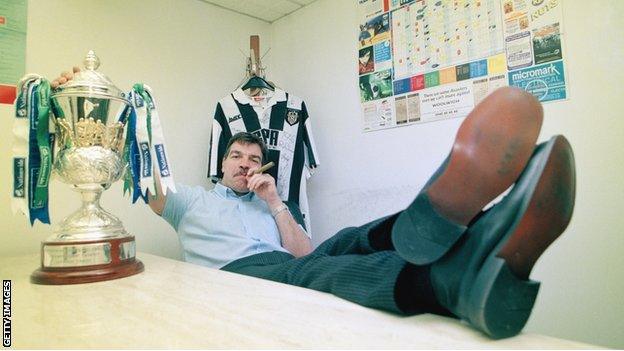
Allardyce won the Football League Third Division title with Notts County in 1997-98 - his last trophy as a manager
With Sam Allardyce named as the new England manager, BBC Sport spoke to the former chief football writer of the Bolton Evening News, Gordon Sharrock, who has known Allardyce since he played for Wanderers four decades ago.
My relationship with Sam Allardyce goes back to the 1970s, so when he came back to Bolton as manager in 1999, I already knew him.
He was Big Sam, the bruising centre-half, and when he played, he was always learning the game, you could see that. He was marked down to be a manager but you didn't know if he was going to be successful.
Eating sheep testicles and toilet races
Sam didn't have a magic bullet for managing players, he man-managed them individually. Bolton had an incredible backroom team and when Youri Djorkaeff joined the Bolton family, he had a chiropractor, who was based in Belgium, that he favoured.
Despite Bolton having a chiropractor, Sam would allow the Frenchman to go see his own. This was to make him feel comfortable, rather than put his foot down and say: "No, I have a man here I pay for, you cannot go out there." He readily allowed it and that would be typical of him.
However, he wouldn't allow it for everyone. He was firm and strong and did lay the law down. He had a bible or dossier of dos and don'ts, which all the players had to sign up to. They did, readily.
New England boss must 'build resilience'
Former Bolton full-back Gudni Bergsson was still playing at 36 and Sam used to allow him to have time off, or allow him to miss some of the running sessions that the rest of the squad had to do. Bergsson would turn up but he didn't have to flog himself. Sam knew if that happened then he wouldn't get anything out of him on a Saturday.
He also had bonding sessions with players and staff to boost team spirit. For example, he accepted a bet with his players that if they won by three goals or more, the staff would have to do a forfeit and if they were beaten by three or more, the players would have to. After Bolton had scored five against Leicester City in their first Premier League game, the staff had to go out and have a meal of sheep testicles, the hottest curry imaginable and other foul foods.
He took them on day trips to places such as the Lake District, where the players had races sitting on toilets to see who could go round the field quickest. He took them to the horse racing. He would do things to get the team spirit up. It worked.
England players should not expect the norm with Sam. He shakes things up with training schedules to keep the players on their toes and to build camaraderie.
'When Sam asks you to do something, it's not easy to refuse'
Bolton spent two weeks in Indianapolis, in the USA, on a pre-season tour in 2000, a year before they reached the Premier League. Sam had been driving one of two buses the club were given. I was staying at the same hotel as them and was scheduled to do a big pre-season interview with him.
He came down for breakfast one morning and asked if I had driven in the USA before. I said I had. Sam then told me I would be driving the bus, even though he was supposed to, as they had suffered so many injuries he had to go back to Europe to sign some players.
When Sam asks you to do something, it's not easy to refuse. So there I was driving around players such as Dean Holdsworth, Paul Warhurst and Kevin Nolan.
Inspiring players and making them feel special
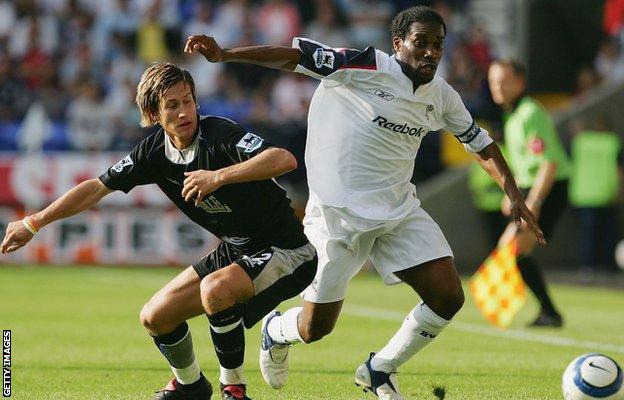
Jay-Jay Okocha became a cult hero in his four years at Bolton
Sam's work with his players goes on 24/7. Much like other managers, a lot of his work is done Monday to Friday and the fruits of that are seen on a Saturday. The one thing people who have worked with, and played for, Sam will tell you is the atmosphere in the dressing room is key.
He will inspire the players in the dressing room. It is well known he gets the best out of players. He did that at Bolton better than he did anywhere else. To get the club into the Premier League and keep them there for as long as he did was a remarkable achievement.
To begin with, he did that with players who weren't regarded as Premier League standard. At that time, as he has been since, Sam was criticised for playing a direct style of football.
Yet he went on to bring in players such as Djorkaeff, Jay-Jay Okocha, Ivan Campo, Nicolas Anelka, Fernando Hierro, Stelios Giannakopoulos and Gary Speed. They wouldn't want to play that kind of football and they didn't. Bolton played some very good football at times.
Kevin Nolan and Kevin Davies were part of that and Sam got the best out of them. Bolton were not easy to play against. Nevertheless, they were successful. Under him, they qualified for Europe twice.
He will look at what he has with England and adapt accordingly, but he will make those players feel special. Once players begin to work for him, they are prepared to go the extra mile.
'Tactically right up there with the best'
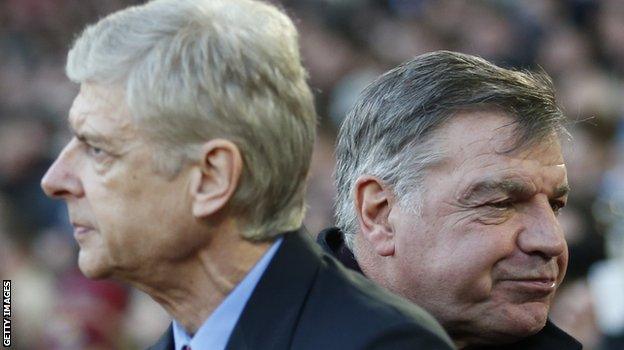
Allardyce enjoyed pitting his wits against Arsenal boss Arsene Wenger
Sam is a smart manager. Take the way he has tackled matches against Arsenal, for instance. He relished them. He used to like getting in Arsene Wenger's face. It wasn't personal, it was business.
He would look at his 11 players and their 11 and say: 'If we try to pass our way around Arsenal, we will be on the end of a thumping.' Instead, he would instruct the players to get in their faces. His work that week would focus on trying to secure the right result. Very often, he would get it.
Tactically, he is right up there with the best. He can be functional but when you have Djorkaeff, Okocha and Anelka in your team, you will encourage them to play good football.
Some of the matches at Euro 2016 were poor. There was little attractive football. Teams didn't want to concede. I didn't see anything there that Sam could not live with. The England players will be feeling intolerable amount of pressure, but Sam will take away the weight of expectation and the fear factor.
The right man for the job
Sam has not won any major trophies. But there are different ways to manage success for each manager. At 61, Sam is at the right age now and commands the respect needed.
The England job is a difficult one for any manager but he is a dyed-in-the-wool Englishman, someone who has served his time and who lives, breathes and sleeps football.
Gordon Sharrock was speaking to BBC Sport's Shamoon Hafez. A version of this story first appeared on 20 July.
- Published22 July 2016
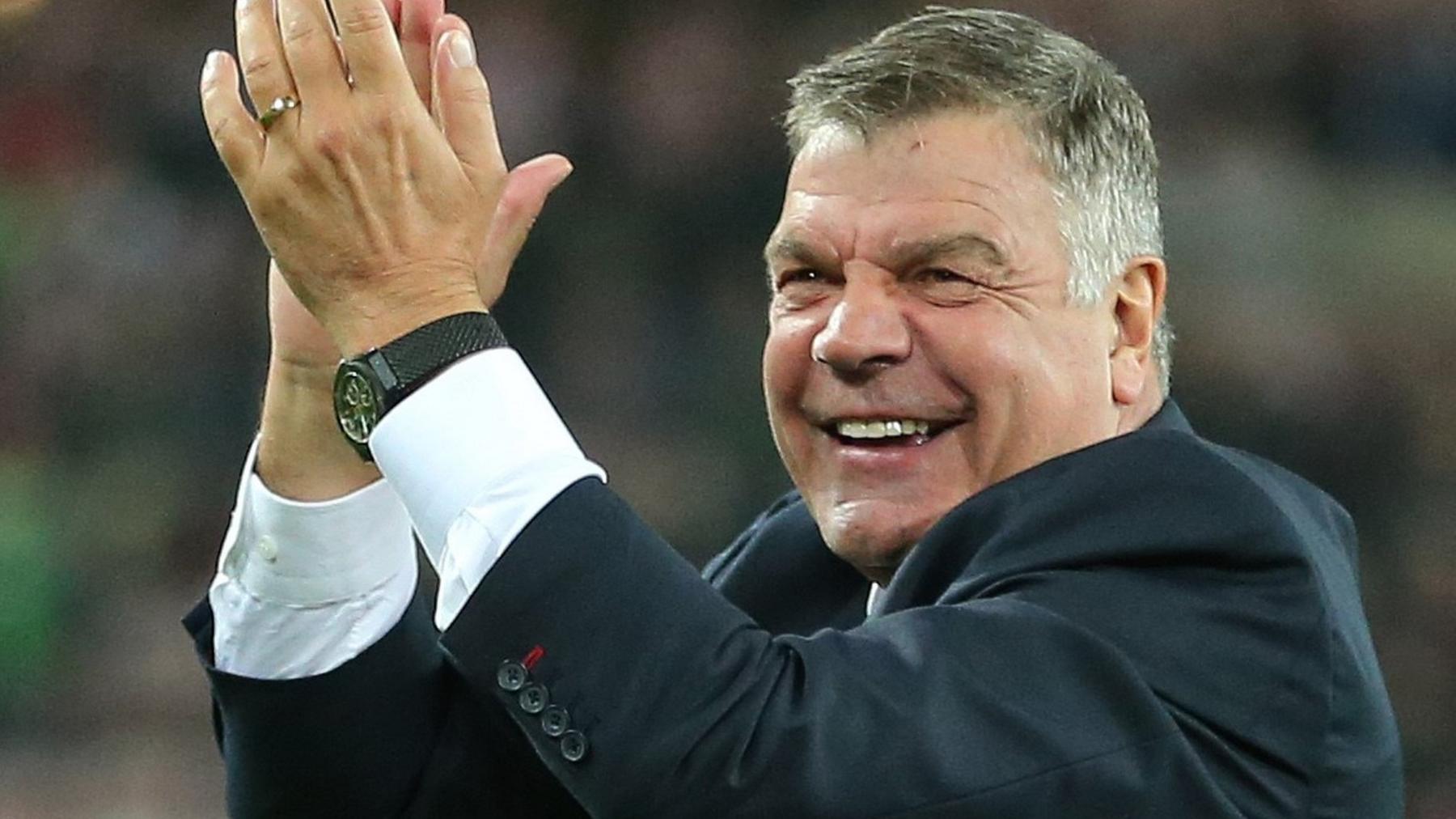
- Published20 July 2016
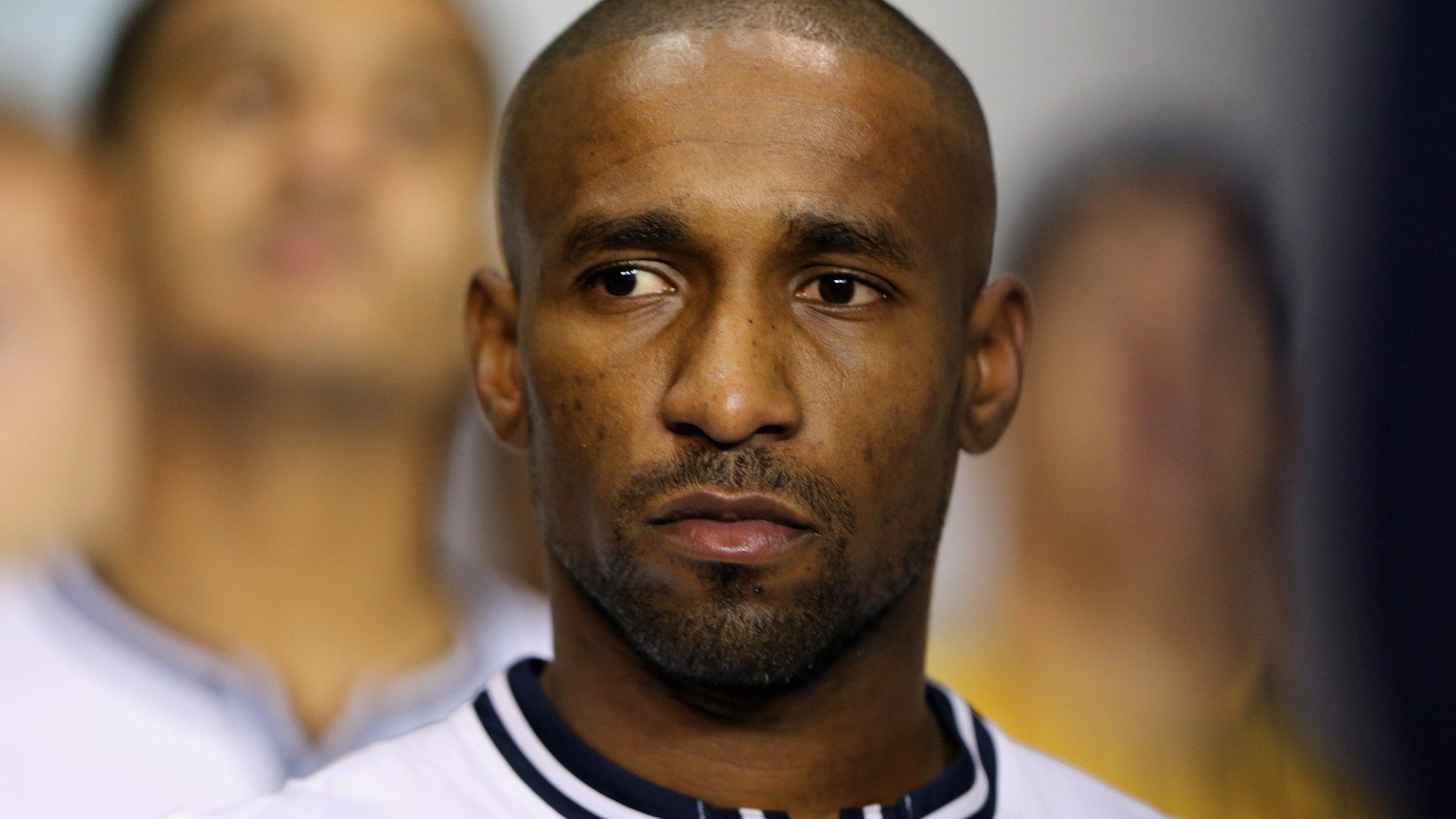
- Published20 July 2016
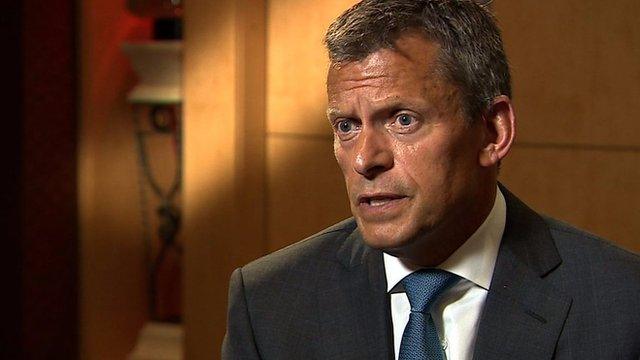
- Published20 June 2016

- Published13 May 2016
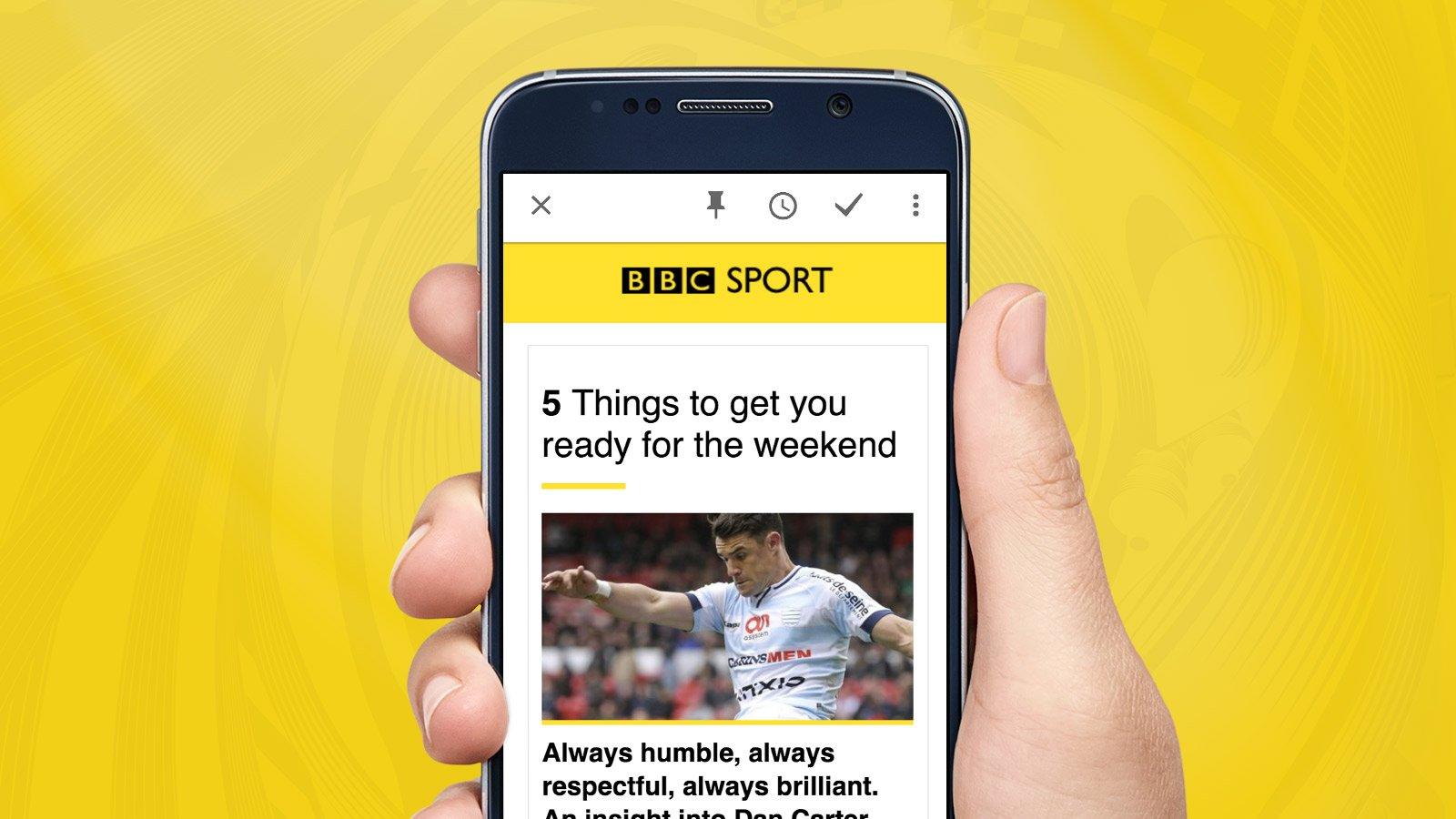
- Published7 June 2019
